Our Brains Can Process More than Language Can Express

The speed and complexity of our thoughts exceed our abilities of language and communication, specifically our ability to convey complex ideas.
Neuroscience is the scientific study of the nervous system.

The speed and complexity of our thoughts exceed our abilities of language and communication, specifically our ability to convey complex ideas.
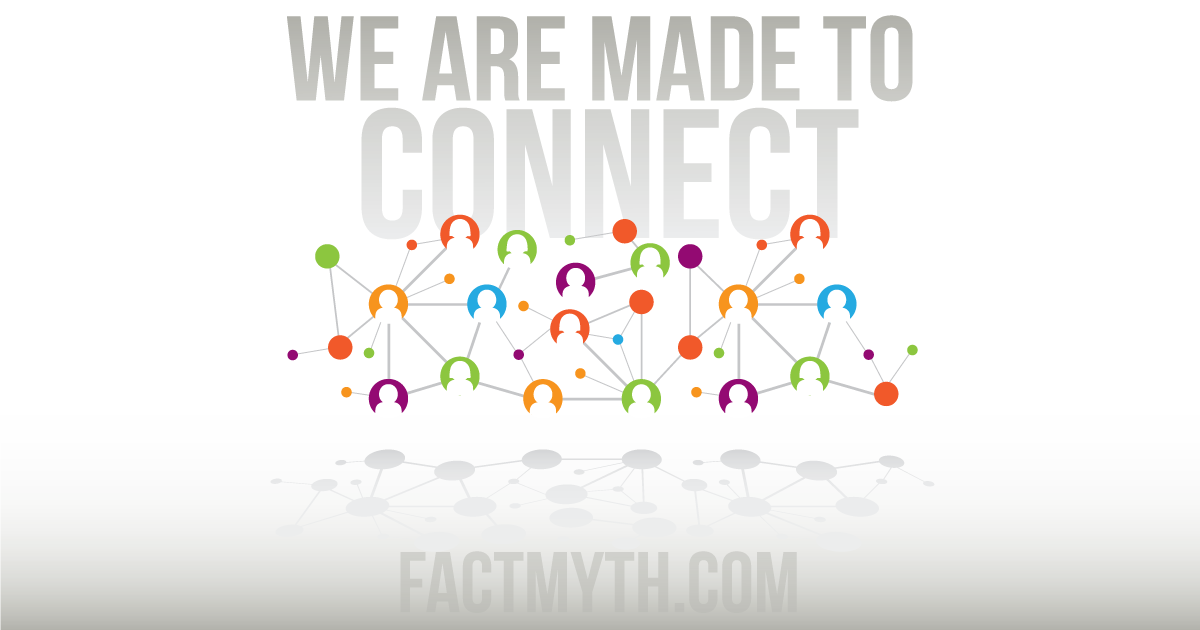
Humans are hardwired to be social beings. We naturally cooperate, care, and compete. From quarks, to cells, to plants, to animals, cooperation is in our DNA.
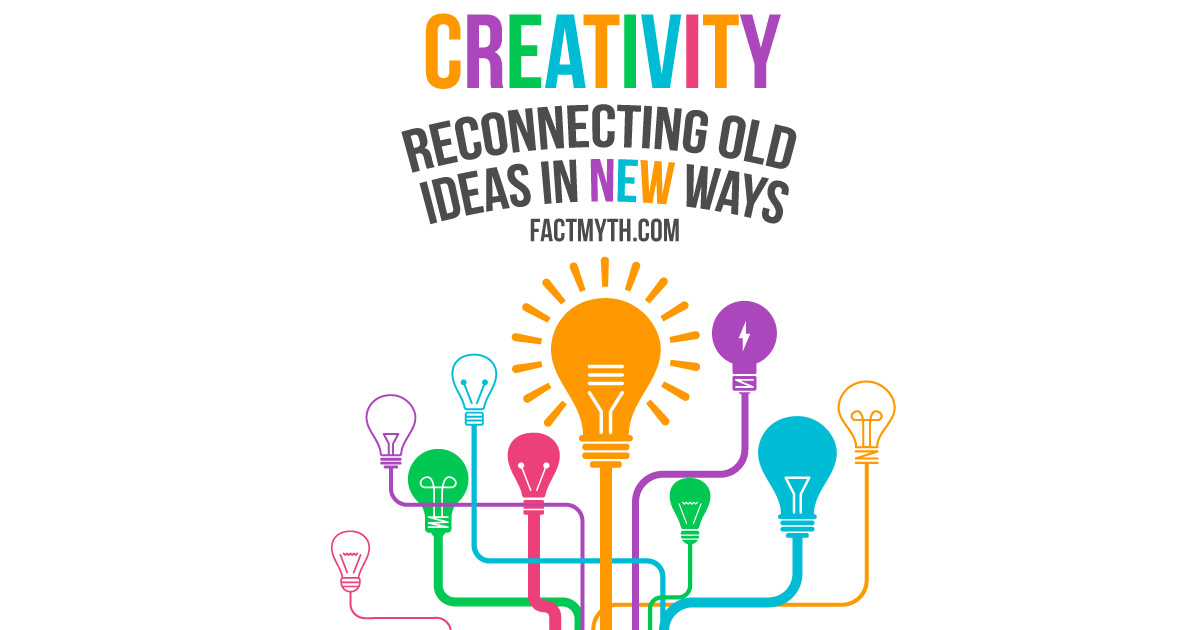
Humans can’t have new ideas without prior sensory input. We copy, transform, and combine old ideas to create new ones.
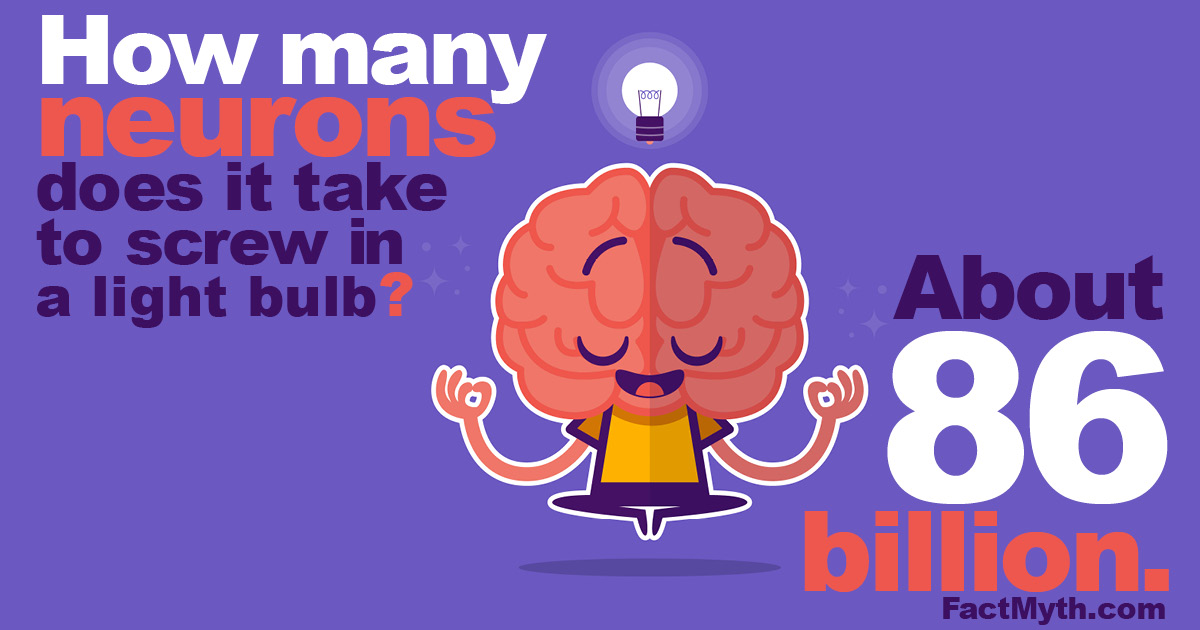
Studies show the average human has about 86 billion neurons and roughly as many glial cells, however the exact number of neurons and glial cells remains unknown.

The average human has a limited short-term memory and a fairly inaccurate long-term memory. This is due to the way we process, encode, and recall memories.

People can’t multitask effectively. Giving simultaneous attention to tasks, or alternating and dividing attention between tasks, reduces the performance of at least one task.
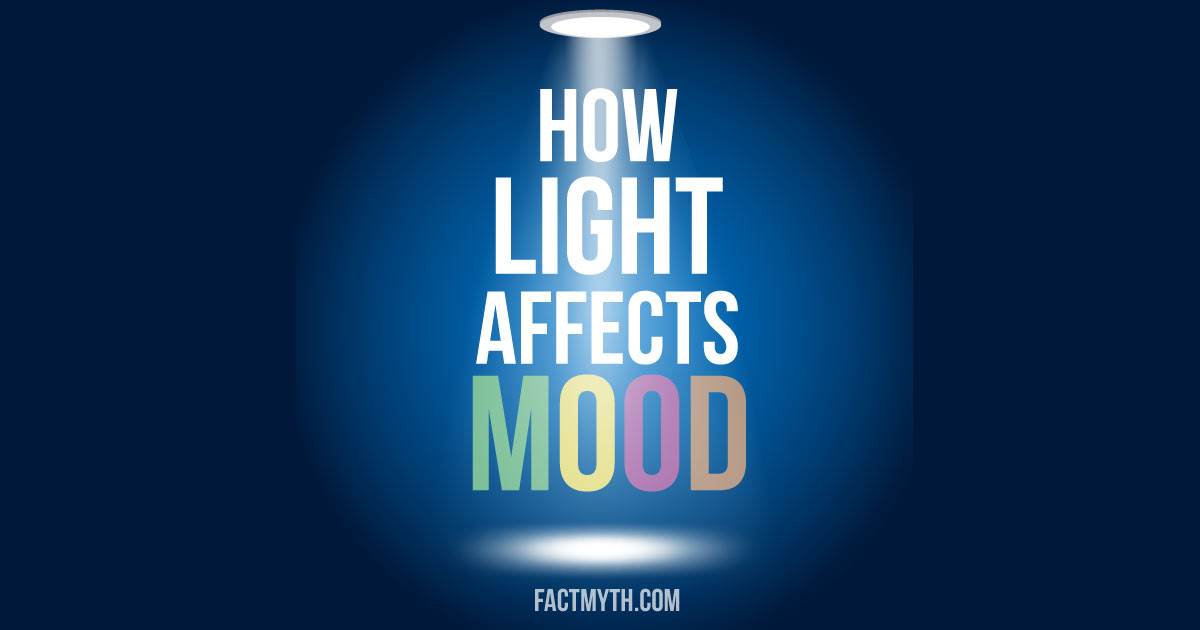
Exposure to light in moderation, especially natural sunlight, can have an uplifting effect on mood, while excessive darkness can have the opposite effect.
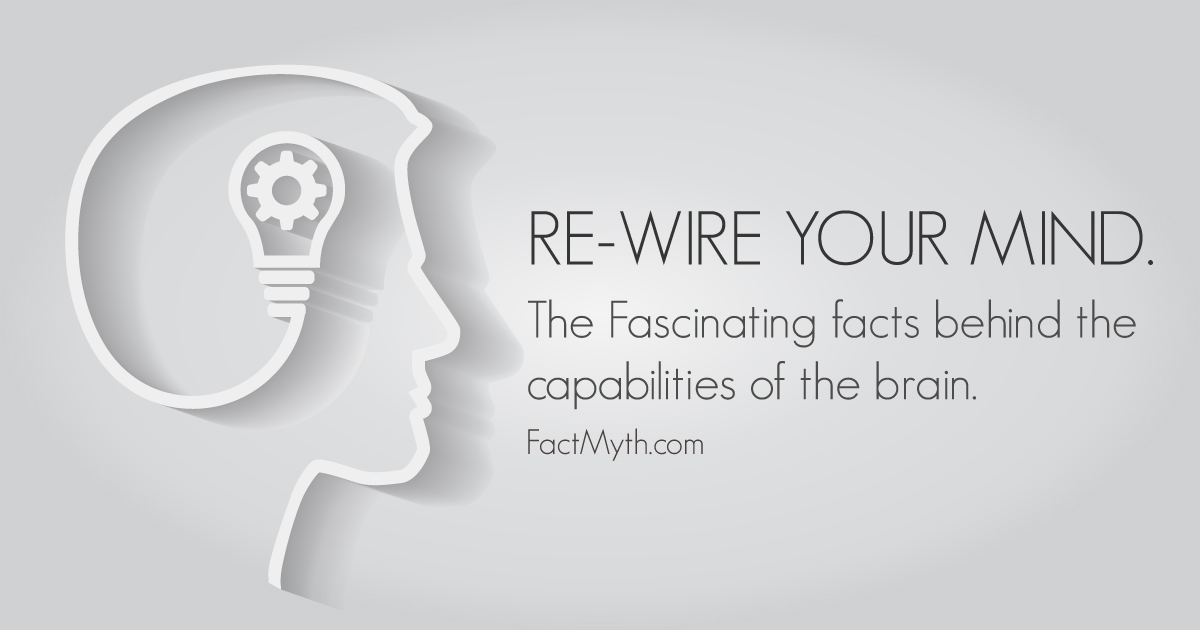
Thoughts and other stimuli can essentially “rewire” our brain, strengthening useful synaptic pathways and weakening less used ones, this is called neuroplasticity (AKA learning and memory).
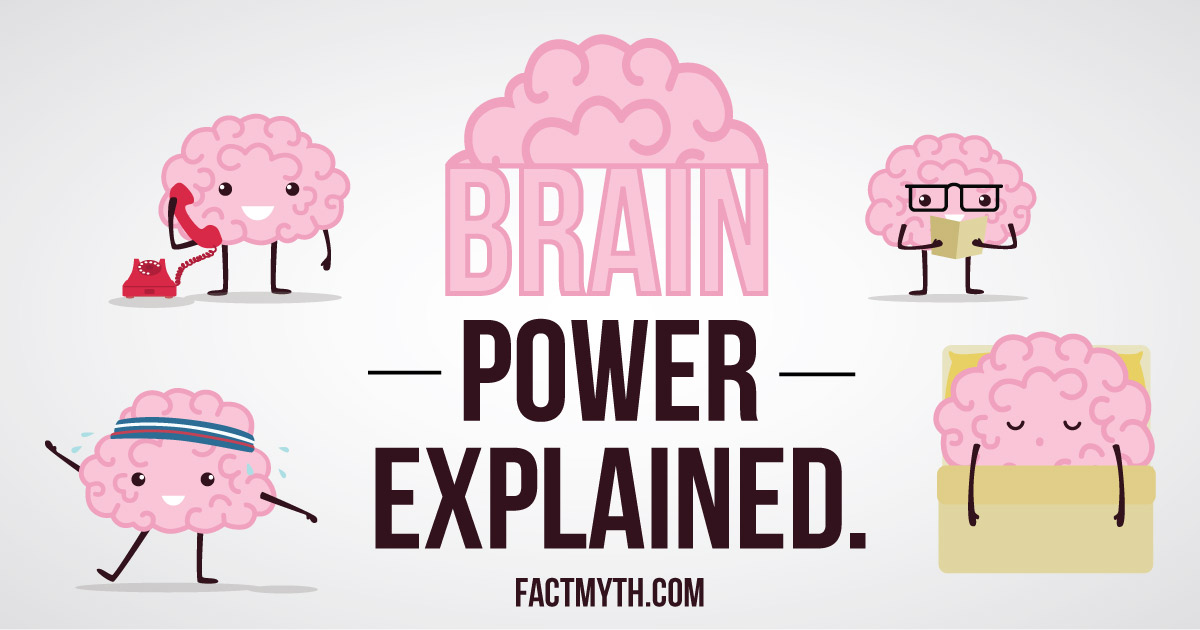
Evidence suggests that humans use virtually every part of their brain on a daily basis. Some areas function more than others at any given time, but every part of the human brain has a function.